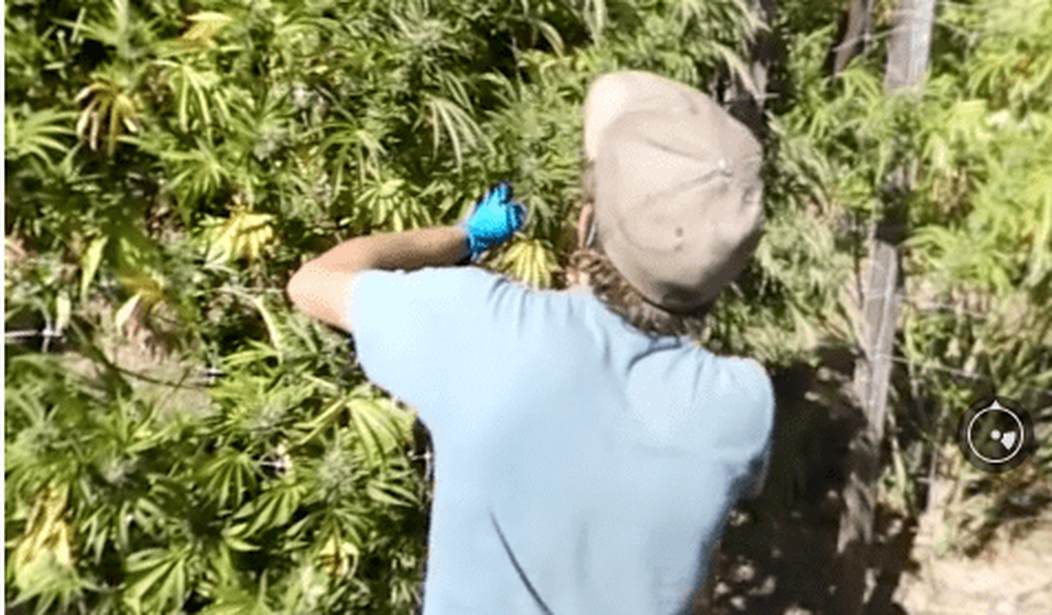Dëvar Torah Parashath Chuqqath (Numbers XIX, 1 — XXII, 1)
In this week’s parasha we find recorded the deaths of Moshe’s sister, Miriam, and his brother, Aharon. The Talmud (Mo‘ed Qatan 28a) learns from each of these events that the death of tzaddiqim atones for the sins of Israel.
Despite the fact that the Talmud thus links the two events, the contrast between the two reports could not be more striking.
In the case of Miriam, a laconic partial verse suffices: “Vayavo’u bënei Yisra’él kol ha‘éda Midbar Tzin vayéshev ha‘am bëQadésh vatamoth sham Miriam vatiqqavér sham” (“And the bënei Yisra’él, the entire community, came to the desert of Tzin and the people settled in Qadesh, and Miriam died there and was buried there,” XX, 1).
The death of Aharon, on the other hand, is covered much more elaborately, seven verses being devoted to the account (ibid., 23-29). This dichotomous treatment is highlighted as we read the account of Aharon’s passing. Ha-Shem tells Moshe: “Vayé’aséf Aharon el ‘ammav ki lo’ yavo’ el ha’aretz … ‘al asher mërithem eth pi lëMei Mëriva” (“And Aharon will be gathered to his peoples, for he will not come to the land … because you rebelled against My word at the Waters of Strife,” ibid., 24).
In addition to this, as Rashi notes, v. 23 tells us that Aharon died at Hor hahar ‘al gëvul eretz Edom (“Hor, the mountain on the border of the land of Edom”) because “the bënei Yisra’él came together here to approach ‘Ésav the wicked (ancestor of Edom); their deeds were breached and they lost this tzaddiq (Aharon).”
In other words, the fact that Aharon would suffer an early demise was the result of one incident, the “Water of Strife.” The precise time and place of his death were fixed by the second incident, the “approach to ‘Ésav the wicked.” Such details, where we read nothing of the kind concerning Miriam, are part of the reason for the more extensive account of Aharon’s death.
Yet another such reason is featured elsewhere in the Talmud (Bava Bathra 17a), where Rabbi El‘azar remarks: “It is said here ‘and Miriam died’ and it is said elsewhere (Deuteronomy XXXIV, 5) ‘and Moshe died by the mouth of Ha-Shem.’ Since in Deuteronomy it states ‘by the mouth of Ha-Shem,’ so here Miriam’s death was also ‘by the mouth of Ha-Shem.’ But why is ‘by the mouth of Ha-Shem’ not said concerning her? Because it would be indelicate to say it.”
In short, Miriam died the death of a tzaddeqeth, a mitha binshiqa (“death by a Divine kiss”), unmediated by the angel of death (as we learn elsewhere on the same page in Bava Bathra), reserved only for the very greatest of Israel.
Rabbi El‘azar’s comment is an example of the exegetical device called a gëzéra shava, in which two disparate verses are related one to the other by a common word, such that something stated in one of the verses (in this case, ‘al pi Ha-Shem, said of Moshe) is also applied to the other (i.e. Miriam). It will be noted that Rabbi El‘azar says nothing of Aharon, but, as numerous commentators point out (cf. e.g. Mirachi and Sifthei Chachamim on Rashi on XX.1), we do find the phrase ‘al pi Ha-Shem applied to Aharon’s death in Numbers XXXIII, 38. This is what motivates Rabbi El‘azar to find a reason for this gëzéra shava beyond the usual economy of expression — namely the preservation of the exemplary modesty which we are accustomed to associate with such a tzaddeqeth as Miriam.
Having thus established, at least in part, the reason for the disproportionality of the accounts, let’s probe a bit deeper. The fact is that both of the incidents to which Aharon’s death at Hor Hahar is attributed are related to Miriam’s death.
Take the incident of Mei Mëriva first. In the very next verse after Miriam’s passing, we read: Vëlo’ haya mayim la‘éda vayiqqahalu ‘al Moshe vë‘al Aharon (“And there was no water for the community and they congregated against Moshe and Aharon.”) The Talmud (Ta‘anith 9b) learns from this juxtaposition that a miraculous well had supplied them with water until now, in Miriam’s merit. Now that Miriam was no longer among them, the well had vanished. Israel rounded on their leaders: Why did you drag us and our cattle to this waterless, howling wilderness from lush Egypt to die (CC, 4-5)? It was Moshe’s anger at this unfair accusation and the panic-stricken impatience to which it gave rise that drove him to lose control momentarily and to strike the rock, rather than speaking to it as he had been commanded. Therein lay the meri (‘rebellion”) which was the cause for Moshe and Aharon’s being barred from entering the Holy Land.
After this incident, we are told: Vayishlach Moshe mal’achim miQadésh el melech Edom (“And Moshe sent messengers from Qadésh to the king of Edom,” v. 14). From this seemingly unnecessary repetition of the toponym (after all, we already knew that Israel were encamped at Qadésh from v. 1, the Ha‘améq Davar deduces that these messengers were not Israelites but locals — presumably Edomites resident in Qadésh.
He concludes that Moshe had expected the Edomite king to refuse passage to Israel, and wanted to avoid direct confrontation between Israel and Edom. However when the king refused and threatened armed resistance in the bargain, panic rose once again among the Israelites, who, without consulting Moshe, sent their own delegation: Vayomëru élav bënei Yisra’él … (“And the bënei Yisra’él said to [the Edomite king]…”), imploring him: Vë’im méymecha mishte ani umiqnai vënathatti michram (“And if my cattle should drink your water I shall pay its price, v. 19). Note that food is not mentioned; the manna continued to fall. The panic, again, was over water.
So the root cause of both incidents leading to Aharon’s death was the disappearance of Miriam’s well. Perhaps now we should ask: Why did it disappear?
The Këli Yaqar notes yet one more difference between the funerals of Aharon and Moshe on the one hand and Miriam on the other. In the case of the former two, the Torah tells us that they were properly mourned, e.g. Vayivku eth Aharon shëloshim yom kol béyth Yisra’él (“And the entire house of Israel wept for haron thirty days,” v. 39; cf. also Deuteronomy XXXIV.8). Yet nothing of the kind is said of Miriam. The Këli Yaqar concludes from this “that they did not eulogize her properly.” Miriam was not fully appreciated in her lifetime for the treasure she was or for her contribution to the general welfare. Therefore, he says, the well was taken from them as a punishment, “so that they should know retroactively that the well had existed in Miriam’s merit.”
This, then, was the cause of the great thirst which brought Israel to panic, and which necessitated the premature deaths of Aharon and Moshe. They had neglected Miriam to their cost, but learned their lesson, so that Aharon and Moshe were properly mourned.
The lesson which we can draw from this is how easily one can come to forget and take for granted even people who had once been prominent — even Miriam, prophetess, pre-eminent woman, sister of the “king” — Moshe — and the kohén gadol, Aharon, and similarly take for granted the daily blessings which we enjoy. We must be careful of this, for as with the well of Miriam, the consequences can be grave!









Join the conversation as a VIP Member